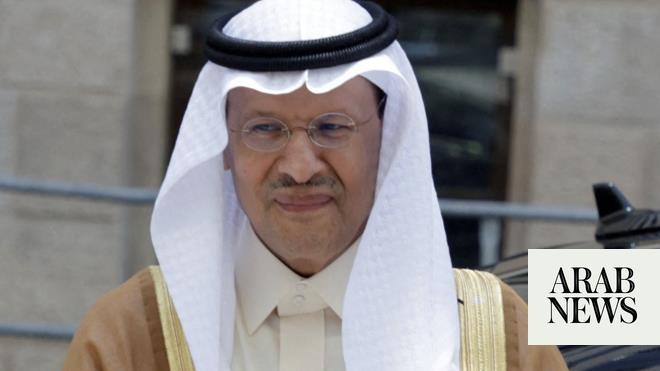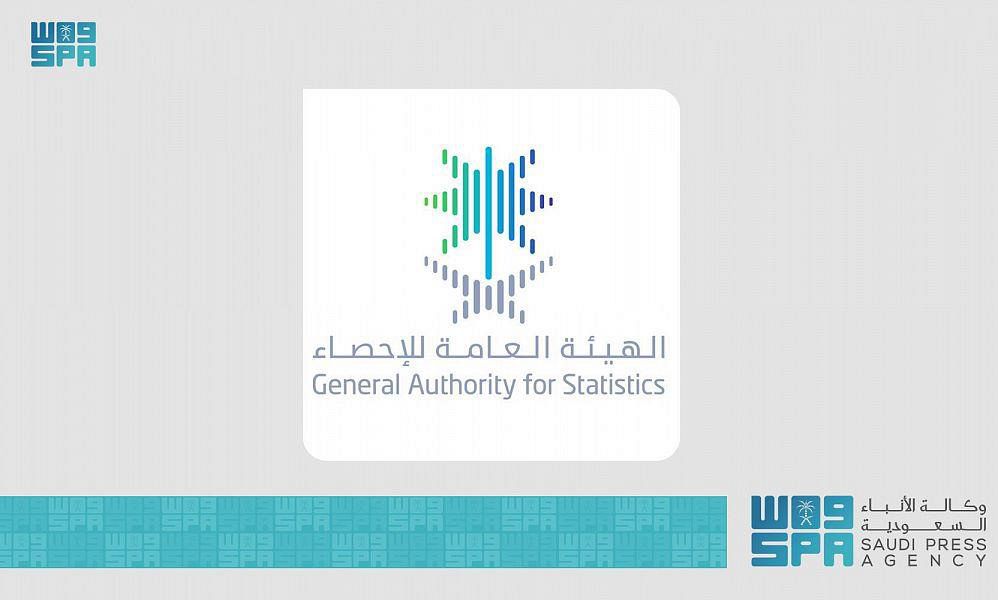
“There is no consensus yet among oil producers about cutting production,” Saudi Energy Minister Khalid Al-Falih said
“We have to study all the factors,” he added
ABU DHABI: Saudi Arabia plans to reduce oil supply to world markets by 0.5 million barrels per day in December, its energy minister said on Sunday, as the OPEC power faces uncertain prospects in its attempts to persuade other producers to agree a coordinated output cut.
Khalid al-Falih told reporters that Saudi Aramco’s customer crude oil nominations would fall by 500,000 bpd in December versus November due to seasonal lower demand. The cut represents a reduction in global oil supply of about 0.5 percent.
Saudi Arabia has increased output by just about 1 million bpd this year under pressure from US President Donald Trump and other consuming countries to help balance the market to compensate for lower supplies from Iran due to US sanctions.
But since Iran"s customers were given generous waivers to continue buying crude, concerns grew about market oversupply and oil prices fell to below $70 per barrel on Friday from $85 a barrel in October.
"We have been increasing production in response to demand," Falih told reporters in Abu Dhabi ahead of a joint OPEC, non-OPEC market monitoring committee meeting.
"I"ll tell you a piece of news which is (that) December nominations are 500,000 barrels less than November. So we are seeing a tapering off part of it is year end, part of it is maintenance.... so we will be shipping less in December than we are in November.”
Saudi Arabia is discussing a proposal that could see OPEC and non-OPEC oil producers cut output by up to 1 million bpd, two sources told Reuters earlier on Sunday, as the world"s top oil exporter grapples with a drop in crude prices.
“There is no consensus yet among oil producers about cutting production,” Al-Falih said.
It was “premature to talk about a specific action,” he told reporters, asked about the possibility of an output from the entire oil-production bloc. “We have to study all the factors,” Falih said.
The sources said any such deal would depend on factors including the level of Iranian exports after the United States imposed sanctions on Tehran but granted Iran"s top oil buyers waivers to continue buying oil.
Russian participation was key to helping OPEC rebalance the market during 2017-18. But Russian Energy Minister Alexander Novak said on Sunday he wasn’t certain the market would be oversupplied next year.
He said the oversupply for the next few months would be seasonally driven while by mid 2019 the market could be balanced again and demand could even exceed supply.












